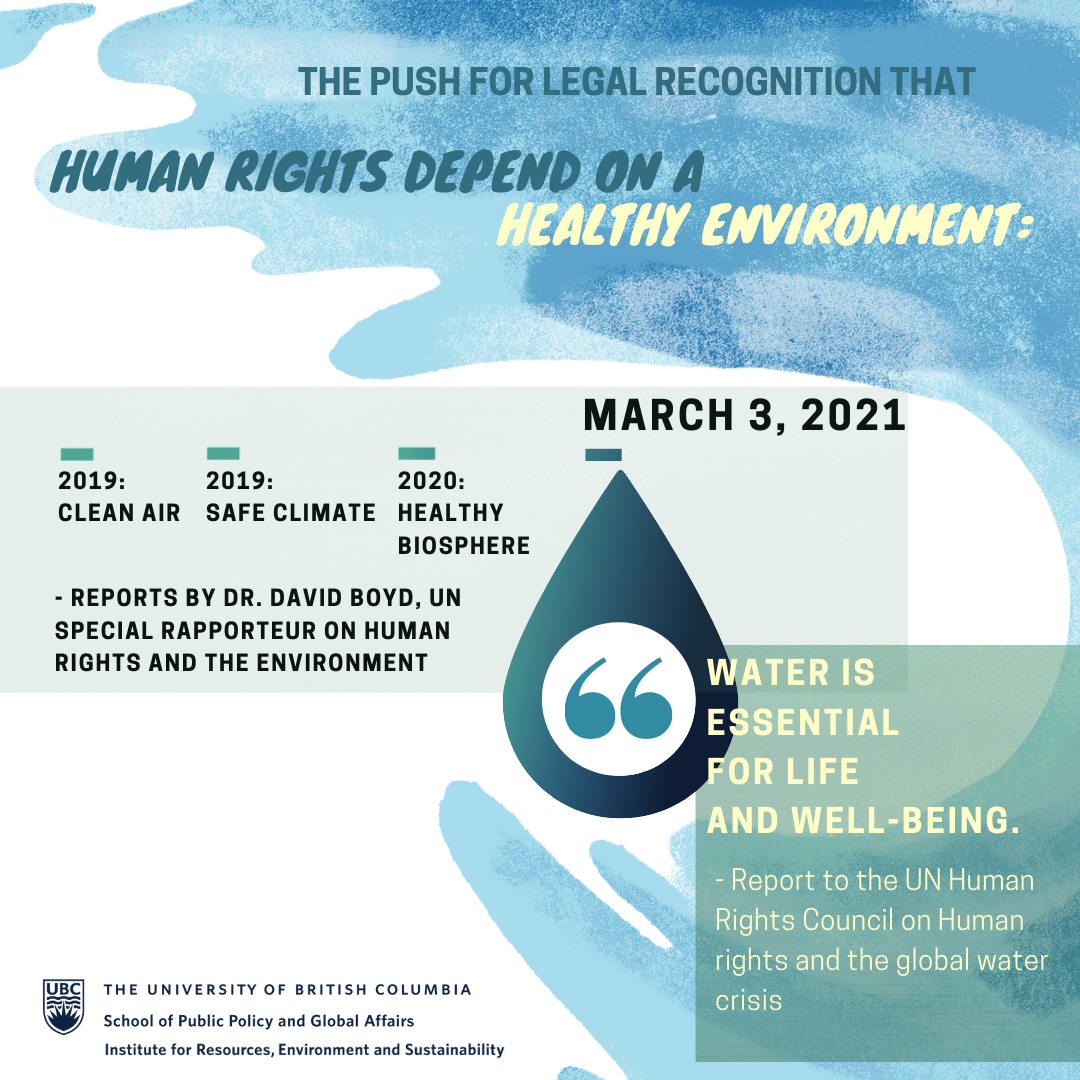
Energy, Pollution & Climate Change
Climate change is a dire threat to human and ecosystem well-being. As such, diverse issues related to energy needs and technologies, as well as the full range of climate change processes and decision making challenges require investigation. As well, pollution, such as air pollution–largely from fossil fuel combustion, inefficient cookstoves, and polluting fuels–kills millions of people annually. There is thus a multi-faceted imperative to accelerate the transition to clean energy in order to protect human and planetary health while not overlooking the adverse impacts caused by renewables and how the risks and benefits of clean energy sources are distributed.
IRES Researchers aim to support decision-making and enable transitions to more sustainable, healthy, and just futures. We work to understand the impacts of a wide range of energy, transportation, and industrial systems, identify and evaluate pathways to energy and other socio-technical transformations, as well as the synergies and trade-offs between climate and other goals.
Core faculty:
David Boyd, Navin Ramankutty, Amanda Giang, Milind Kandlikar, Mark Johnson

Air Quality and Climate Co-impacts in the Developing World
How can we improve human health and air quality in India while reducing environmental impacts?
This project aims to understand if there are ways in which human health and air quality can be improved while at the same time reducing climate forcing in India.
Read More ->
The Right to Live in a Safe Climate
Is the right to a safe climate part of the right to a healthy environment, and if so, can this provide leverage in climate change litigation?
This project discusses the urgent need for action to ensure a safe climate for humanity, clarifies the obligations of States and the responsibilities of businesses, and makes recommendations with respect to addressing society’s addiction to fossil fuels; accelerating other mitigation actions; enhancing adaptation to protect vulnerable people; ramping up climate finance; financing loss and damage; and empowering United Nations institutions.
Read More ->
WHAT'S THAT SMELL? UNDERSTANDING THE AIR QUALITY IMPACTS OF CANNABIS CULTIVATION
What are the air quality impacts of industrial cannabis cultivation?
Cannabis was legalized in Canada in October 2018, and despite numerous setbacks, it remains a growing industry. This project aims to examine the air pollution and public health impacts of cultivating Cannabis on a large scale.
Read More ->Highlighted publications:
- Amanda Giang and Kaitlin Castellani (2020) Cumulative air pollution indicators highlight unique patterns of injustice in urban Canada Environ. Res. Lett. 15 124063
- Lesk, C., Rowhani, P., & Ramankutty, N. (2016). Influence of extreme weather disasters on global crop production. Nature, 529(7584), 84.
- Ashlee Jollymore, Morgan J. Haines, Terre Satterfield, Mark S. Johnson. Citizen science for water quality monitoring: Data implications of citizen perspectives. Journal of Environmental Management. Volume 200.
- Mazzi, E. A., & Dowlatabadi, H. (2007). Air quality impacts of climate mitigation: UK policy and passenger vehicle choice. Environmental Science & Technology, 41(2),387-392.
- Giang, A., & Selin, N. E. (2016). Benefits of mercury controls for the United States. Proceedings of the National Academy of Sciences, 113(2), 286-291.
- Grieshop, A. P., Marshall, J. D., & Kandlikar, M. (2011). Health and climate benefits of cookstove replacement options. Energy Policy, 39(12), 7530-7542.
- Jha, S., L. A. Burkle & C. Kremen (2013). Vulnerability of Pollination Ecosystem Services. Climate Vulnerability: Understanding and Addressing Threats to Essential Resources. Elsevier. 4:117–128.
- D. Boyd, H. Dowlatabadi and U. Valiante. (2016) Submission to the Government of Canada Climate Change Working Groups. An overview of regulatory and other initiatives that could effectively, efficiently and equitably reduce Canadian greenhouse gas emissions.